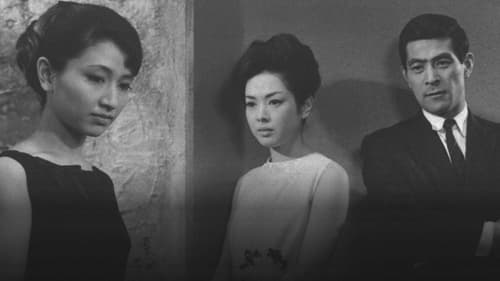
Япония, Эдо времён эры Тэмпо. В 1834 г. энергичный представитель дома Мидзуно - Тадакуни занял пост члена Совета старейшин (родзю). А в 1841 году он получает почти неограниченные полномочия правителя при новом сёгуне Иэёси, активно проводя реформирование экономики страны, заодно стараясь укрепить моральные основы общества. Жёсткие и непопулярные меры - закрытие театров, запрет азартных игр и публичных домов, ограничение на роскошь - приводят к недовольству и росту числа людей, оставшихся без заработка. На фоне этих событий происходит переплетение судеб нескольких человек, оказывающихся в силу закона маргиналами. Колоритные и неоднозначные персонажи объединяются по различным причинам в протесте против социальных запретов. Обречённый бунт, превращающийся в фарс, по-настоящему трагичен.

Koyama
Sawaki is released from prison after serving eight years for murdering a rival gang leader in order to obtain the land rights to a landfill for the Kotaki clan and he discovers that the world has changed significantly in that time. The police have forced the disbanding of all yakuza groups in and around Tokyo and most of the former yakuza have moved on to legitimate jobs. Sawaki is disgusted that his yakuza brothers have abandoned their codes of honor and are abusing their newfound power in the legitimate business world to exploit the poor. Sawaki feels partly responsible for making them so powerful and enabling their corruption, so he decides to follow his traditional code of honor to save the residents of a small town where his former lover lives.

Kenji Himuro
In post-war Japan, it is difficult for private business to stay afloat. The small atelier has a debt of several million yen. To get a loan, his proprietress is forced to turn to a successful businessman, owner of entertainment establishments and bars. But she has nothing to guarantee the return of the debt, and then she offers herself as collateral. A drama about the contradictory nature of human feelings.


